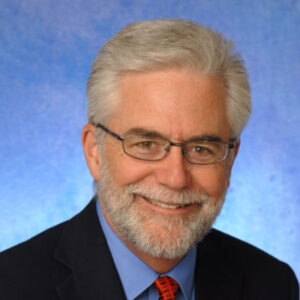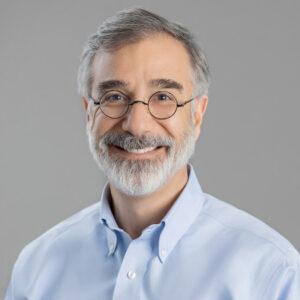We lost Jeff Weber, an amazing medical oncologist, an impactful clinical scientist, a leading immunotherapist, and one of the prominent global experts in melanoma.


Jeff died on Aug. 18. He was 72.
We have known Jeff for more than 35 years as a fellow immunologist and scientist, and as a very close friend. We have known him through his creative scientific thinking, brilliant ideas, and, above all, his dry sense of humor and extreme kindness.
Jeff did not hesitate to help a colleague in need or trainees seeking advice.
Jeff was born in Brooklyn, NY, and while his career took him across country, at heart, he remained a New Yorker with a particular affection for Paul Stuart bow ties.
He earned his BA in biology from Columbia University and went on to obtain his MD from the New York University Medical Scientist Training Program. His PhD work was mentored by James E. Darnell Jr. at Rockefeller University. Jeff pursued his internship and residency in medicine at the University of California, San Diego, and moved to Bethesda, MD, for his fellowship at NCI. After a year in the Medicine Branch, he joined Dr. Steven A. Rosenberg in the Surgery Branch.
After serving as a senior investigator in the Surgery Branch at NCI, Jeff had a brief stint at UC Irvine before moving on to a highly productive tenure at the University of Southern California.
Here, Jeff played a critical role in developing the research programs in cancer immunology and melanoma. He was a pioneer in immunotherapy for cancer, particularly in the fields of cancer vaccines and checkpoint blockades.
His approaches in immunotherapy led to the improved clinical outcome of many patients with melanoma.
Jeff was born in Brooklyn, NY, and while his career took him across country, at heart, he remained a New Yorker with a particular affection for Paul Stuart bow ties.
Jeff was an exceptional mentor and was frequently sought after by trainees and colleagues alike for advice. A frequent member of scientific advisory boards, his insights on both the science and clinical application and trial design were highly regarded and sought after.
Jeff was then recruited to the Moffitt Cancer Center, where he successfully established and served as inaugural director for the first Center of Excellence in Melanoma.
It was supported by the largest philanthropic gift in Moffitt’s history, brokered by the former U.S. Sen. Connie Mack (R-FL), given by Donald A. Adam. While at Moffitt, Jeff was also successful in obtaining its first, highly competitive NCI SPORE grant in melanoma.
Following his time at Moffitt, Jeff was recruited to NYU to serve as the deputy director of the Perlmutter Cancer Center. There, he was again successful in obtaining a second NCI melanoma SPORE grant. Even in the midst of his diagnosis and treatment for his cancer, Jeff was stalwart and actively involved in the successful renewal of the Perlmutter’s NCI CCSG core grant for comprehensive status renewal. And he continued to be involved in his highly impactful work until a week before his passing. Jeff truly heard the silent screams of the desperately ill, and that is what kept him awake at night.
On a Friday evening in August, we had our final dinner at his home in NYC. It was a wonderful evening spent over a wonderful meal prepared by his wife Linda and one of his two daughters, Katie, great wine, and very warm discussion. We talked about politics, science, and dreams of the future, and, indeed, we reminisced about the past.
Jeff was calm, at peace, and, as usual, very delightful. We hugged and said goodbye, and on Sunday in the early morning hour, Jeff departed. Along with his family and a multitude of friends and colleagues, we miss him as a brilliant man, will miss his impact, and, above all, will miss him as a very close and dear friend. Perhaps the best way for us all to remember Jeff and to keep him alive in our memory is to carry on the kind of life and impactful work that would continue to make him proud.








